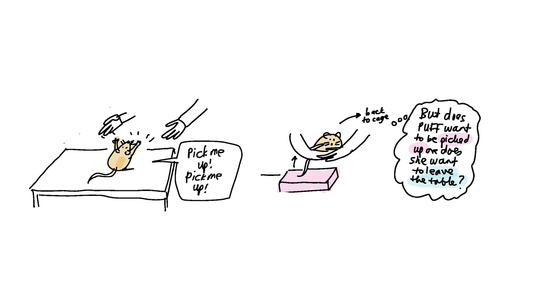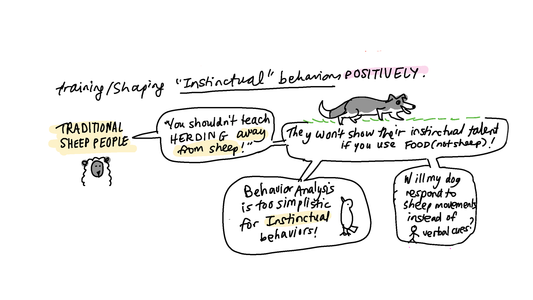Decolonization and Animal Welfare (Part 1)
Lili ChinI actually started writing this blog post back in 2023 after listening to a presentation from the My Dog Is My Home conference. But first, I want to share something from my personal experiences.

This is an illustration of Jazzy (2008), my first ever foster dog, a 12 year old Boston Terrier from Boston Buddies Rescue. Jazzy became my dog because nobody wanted to adopt her even after we appeared on TV.

Jazzy was an "owner surrender". She had lived with one human for all the 12 years of her life, and just like that, one day, she was thrown into a completely new home with a new person (me). Jazzy paced and panted inside my apartment for several days straight, confused and panic-stricken about where she was.
I remember how angry I felt towards the person who abandoned Jazzy to the rescue. The vet also let us know that Jazzy was in such bad shape, she had obviously never had any medical care. I thought of Jazzy's previous human as an irresponsible and heartless dog guardian.
It took Jazzy several months before she would comfortably relax by my side. We bonded. I loved her so much, and when her stomach cancer consumed her nine months later, we had to put her to sleep and I was devastated.
Jazzy's previous person had to move to a new place that didn't allow dogs which is how this gray-faced sweet Boston ended up in rescue. At the time, in my cluelessness as a new dog mom, my feelings for Jazzy blinded me to the bigger picture.
As I became aware of the work done by My Dog Is My Home in their helping unhoused individuals live with their pets and letting them share their stories, I realized I was wrong to blame Jazzy's previous owner, that this wasn't an individual failing; it was a bigger systemic problem.
A year after Jazzy's death, I adopted my second Boston Terrier, Boogie and when he bit someone, I was issued an ultimatum from my rental property manager to either get rid of Boogie or move out. This was a devastating life-changing event that I've spoken about elsewhere, which shaped my career and understanding of dog behavior in a profound way. I remember looking for rental apartments and how difficult it was to find places that would accept dogs.
In early 2025, I was invited to participate in the Michelsen Found Animals Pet Inclusive Housing Awards as a judge, and I learned that less than 10% of rental homes in LA are pet-inclusive. This is a staggeringly low number. Note that being pet-inclusive is not the same as being pet-friendly. Pet-inclusive housing treats our pet animals as our family.
Pet inclusive housing:
- No restrictions based on breed, weight, size, or appearance
- No rent/fees for pets
- Inclusive & safe community culture
- Pet-friendly amenities
While it's great to see that more rental housing is becoming pet inclusive and this is something worth shouting to the world about and celebrating (the reason for the Pet Inclusive Housing Awards), affordable pet inclusive housing is still rare.
The general public still misunderstands and misinterprets dog behavior - hence labels like "aggressive" are imposed on dogs who are simply communicating discomfort or fear.
Caring about animal health and welfare includes caring about the human individuals and families who care for them.
Back in 2023, I attended indigenous animal behavior scientist Mel Trueblood Stimpson's presentation on Decolonizing Animal Welfare as part of the My Dog Is My Home conference.
Mel Trueblood Stimpson's talk pertained especially to the field veterinary medicine (where over 90% of veterinarians are White, while 40% of Americans are not) It has been projected that by 2033, 75% of Veterinary medicine could be corporatized. Veterinary hospitals that are owned by non-veterinarian corporations are under pressure to prioritize seeing more clients to meet quotas. Independent doctors are turned into employees. The costs of health care go up, the quality of care goes down. Everybody is affected.
Here are my notes.






